Department of "Computing Systems and Software"
The Department of "Computing Systems and Software" dates back to 1982, when the Department of "Automated Control Systems" was separated from the Department of "Automation of Technological Processes". In June 1993, the Department of "Automated Control Systems" was established by the decision of the Council of the Kazakh Chemical and Technological Institute. On the basis of this decision, a new specialty was opened - "Computer Engineering and Software for Automated Systems". Due to the development of new computer technology, in 1997 the departments of "Applied Computational Mathematics" and "Automated Systems and Computing Machines" were merged, and the department was renamed "Applied Mathematics and Software". Since 2006, the department has been renamed "Computer Engineering and Software". The department trains bachelors and master's students in the specialty "Computer Engineering and Software". Since 2016, the department has been teaching in 3 languages: Kazakh, Russian and English. The teachers of the department participate in various competitions and Olympiads. The department has a "Programmers' Team" club.
Currently, the department is headed by Akhmetova S.T., Candidate of Physical and Mathematical Sciences. The department has 21 teachers, including 6 doctors of science and professors, 4 candidates of physical and mathematical sciences, 2 PhD doctors, 9 masters, 4 master senior teachers, 5 master teachers. In different years, the heads of the department were Doctor of Technical Sciences, Professor Eskendirov Sh. Zh., Doctor of Technical Sciences, Professor Ospanova A.O., Candidate of Physical and Mathematical Sciences, Associate Professor Utenov N.M., Doctor of Technical Sciences, Professor Sembiev O.Z.
In 2010, two educational programs 5В070400, 6М070400 - "Computing Systems and Software" (bachelor's and master's degrees) were internationally accredited by the independent agency ASIIN (Germany). In 2017, educational programs of the bachelor's and master's degrees 6В06130, 7М06130-master's degrees passed international and national institutional accreditation by the Independent Kazakhstan Agency for Quality Assurance in Education (KAZQAE). Starting from the 2020-2021 academic year, training in the direction of 6В06150 - information and communication technologies has been conducted. Today, the Department of "Computing Systems and Software" is one of the most rapidly developing departments at the university. The department has a network of specialized classrooms equipped with computer equipment and equipment from well-known companies that are used by students and undergraduates in the educational process and in research work. The department is actively involved in the work of leading IT companies, domestic and foreign universities. It provides opportunities for internships, practice and academic mobility in scientific centers abroad. Thanks to the existing center of the Bologna process, the department works closely and sends students to study abroad. It is worth noting cooperation with countries such as Malaysia, Russia, Poland, Italy.
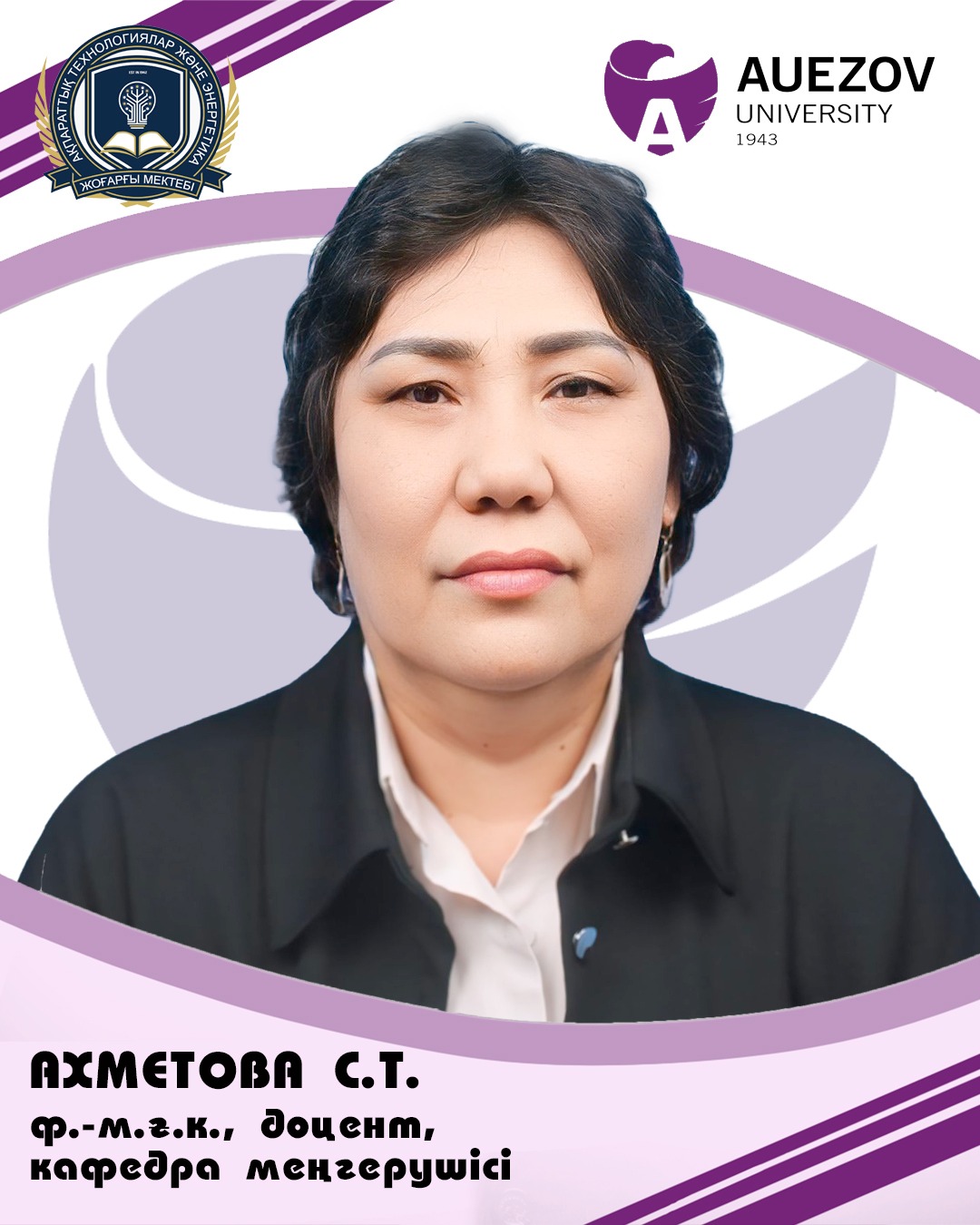






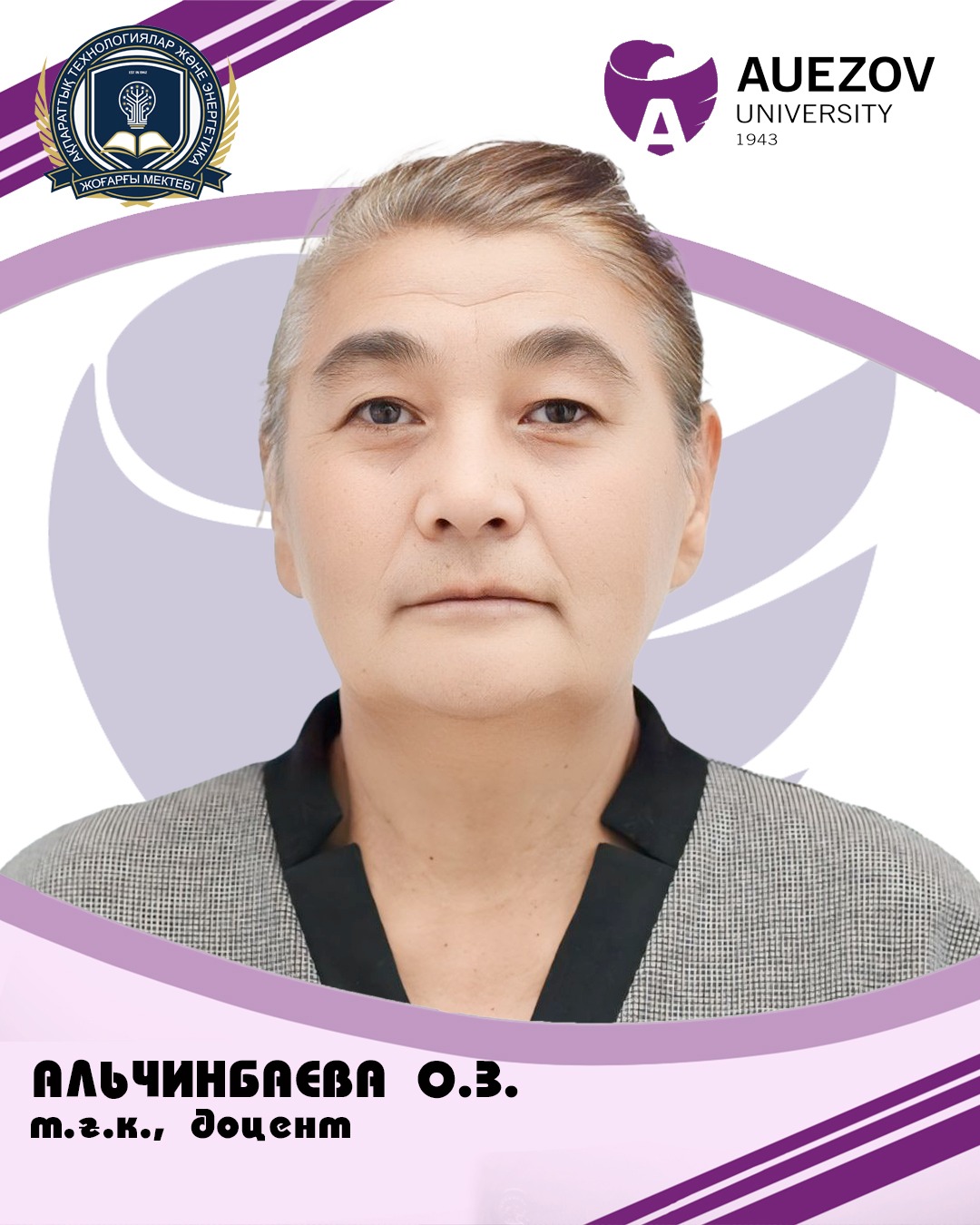
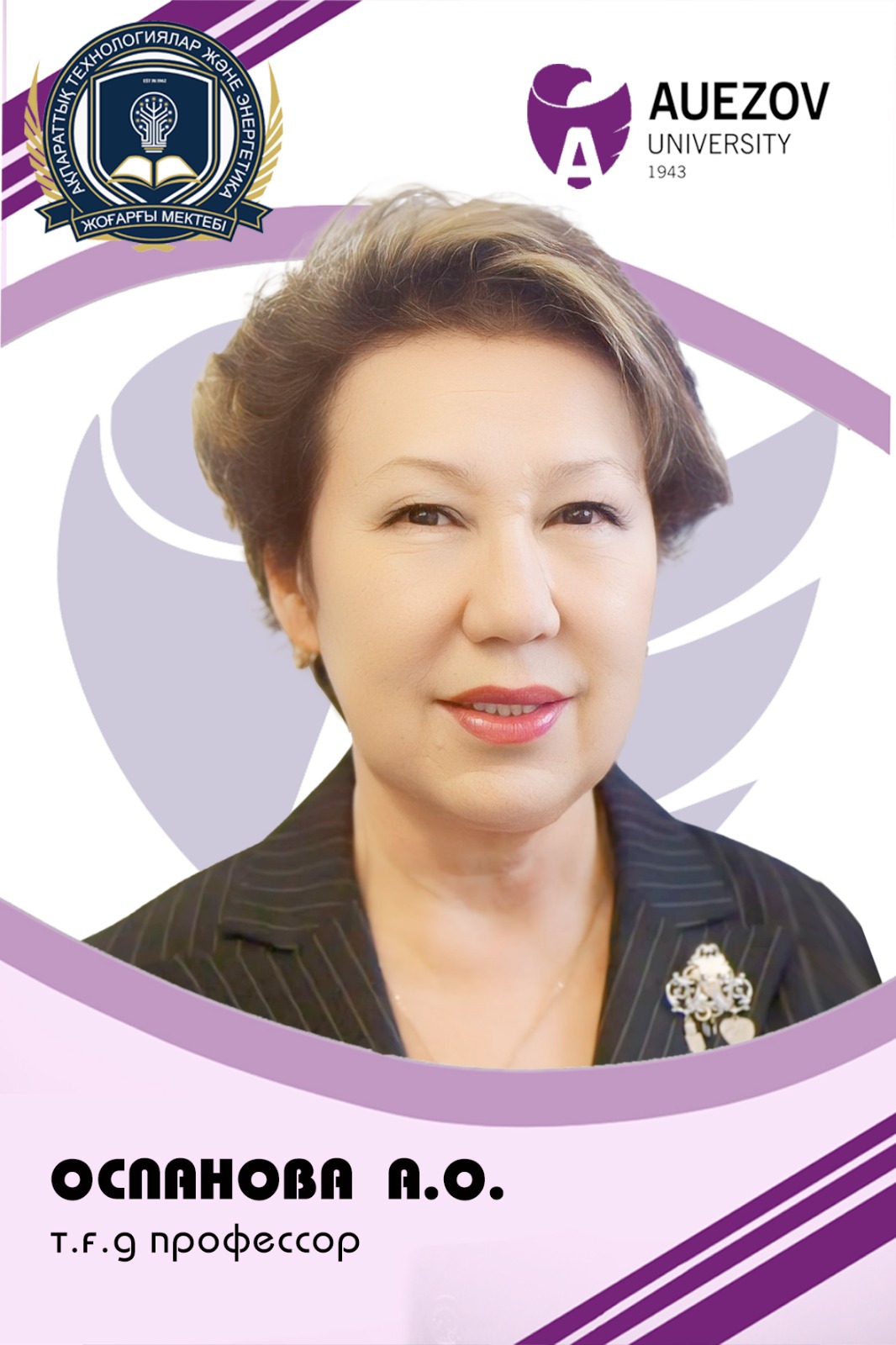
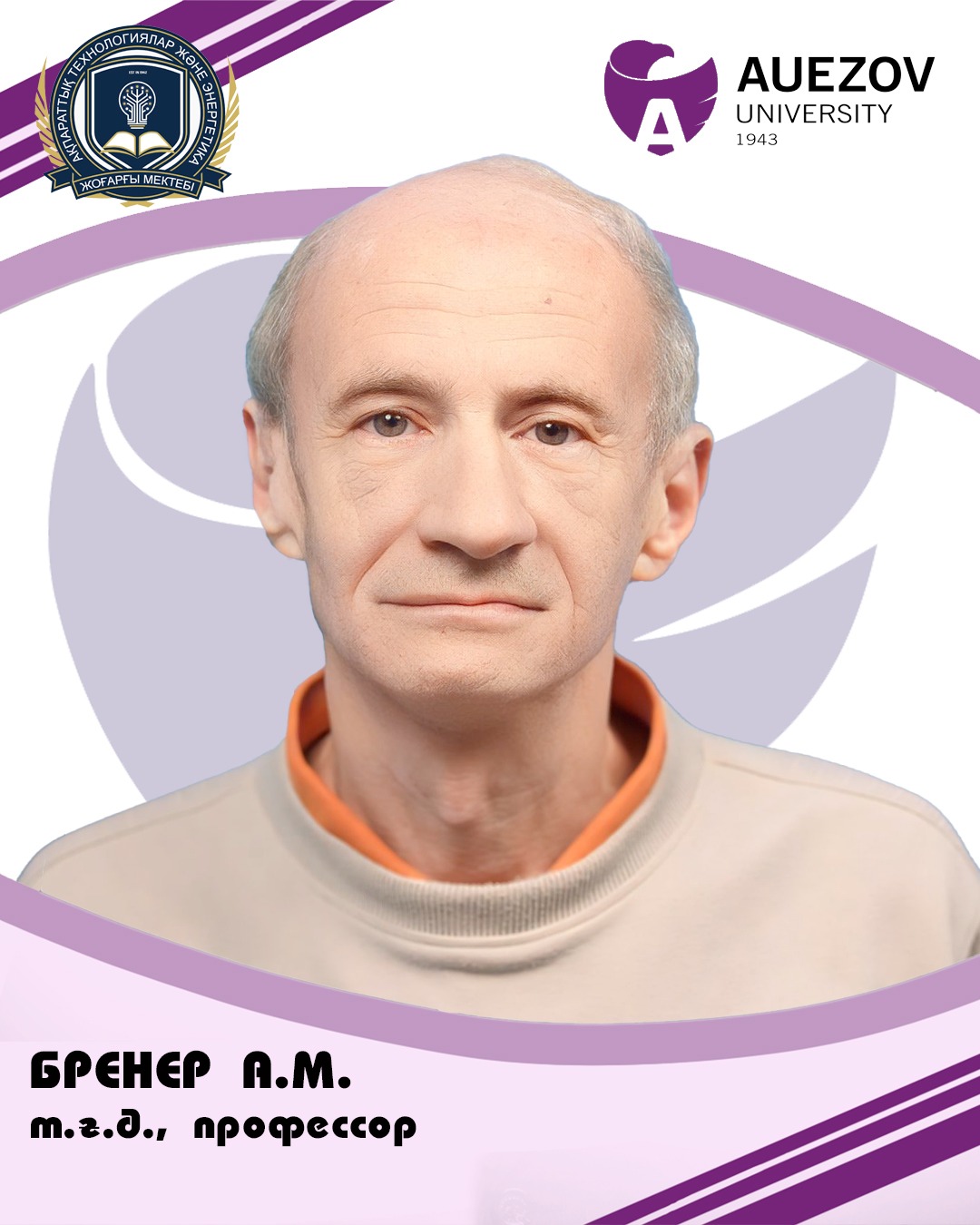

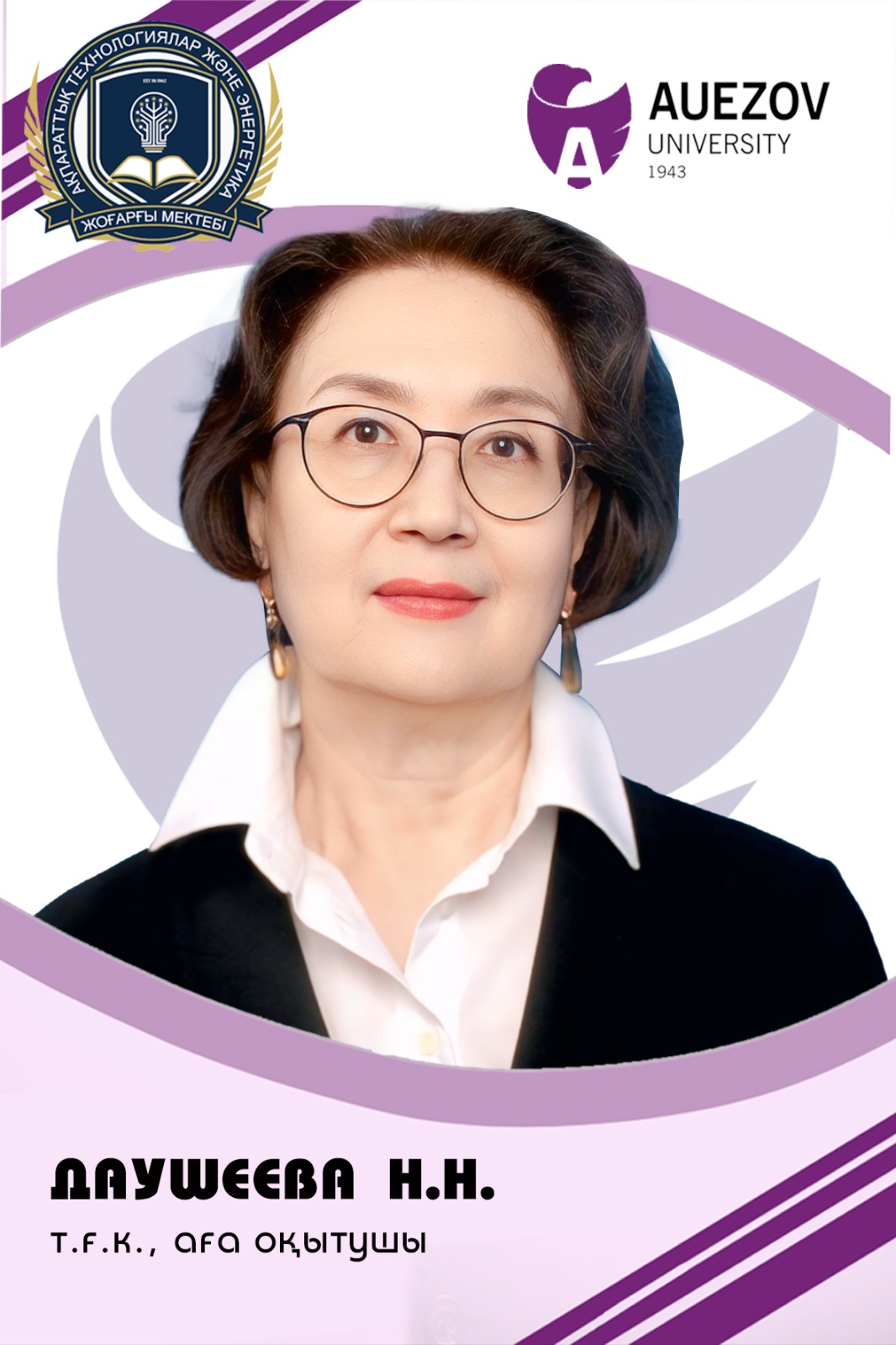
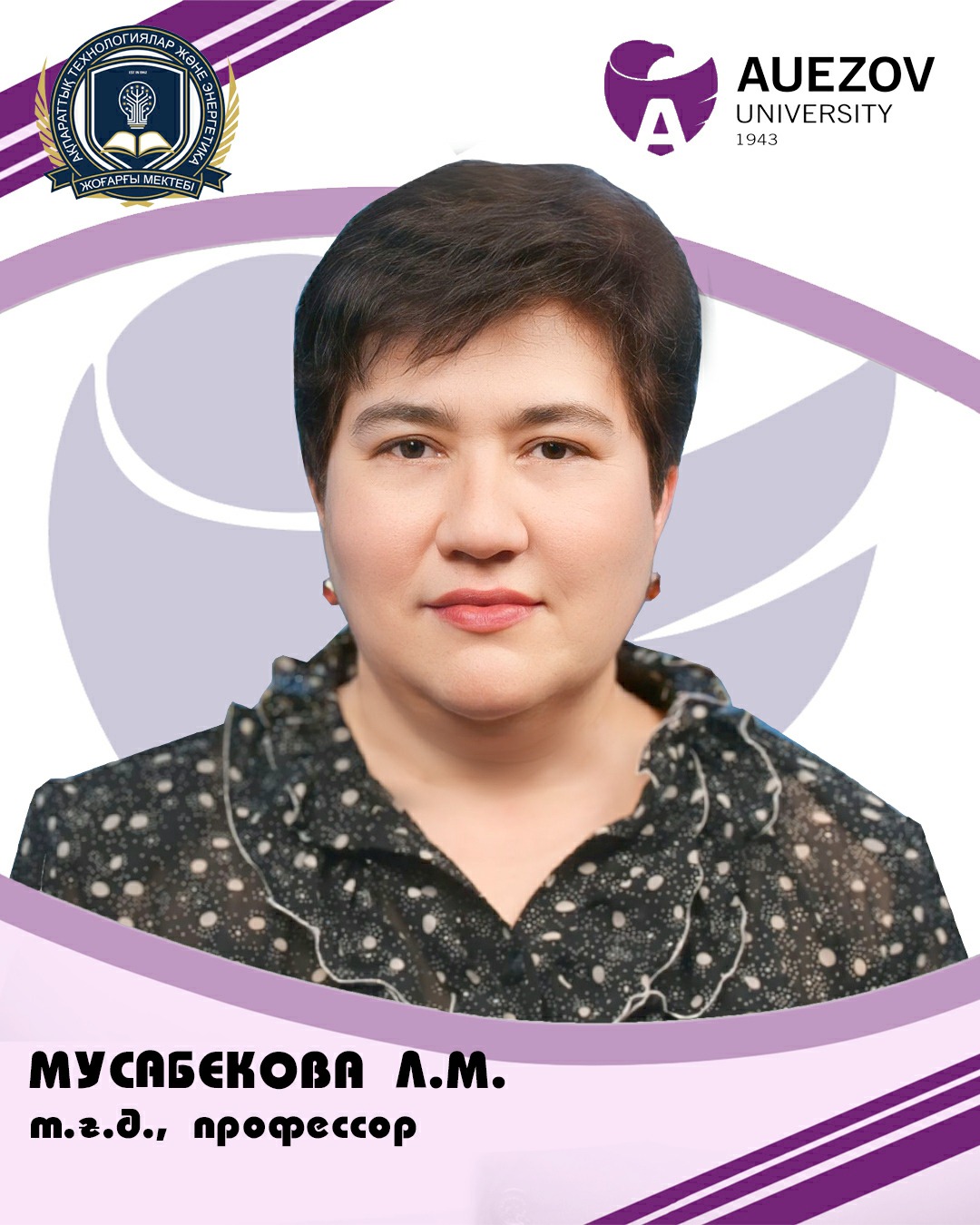

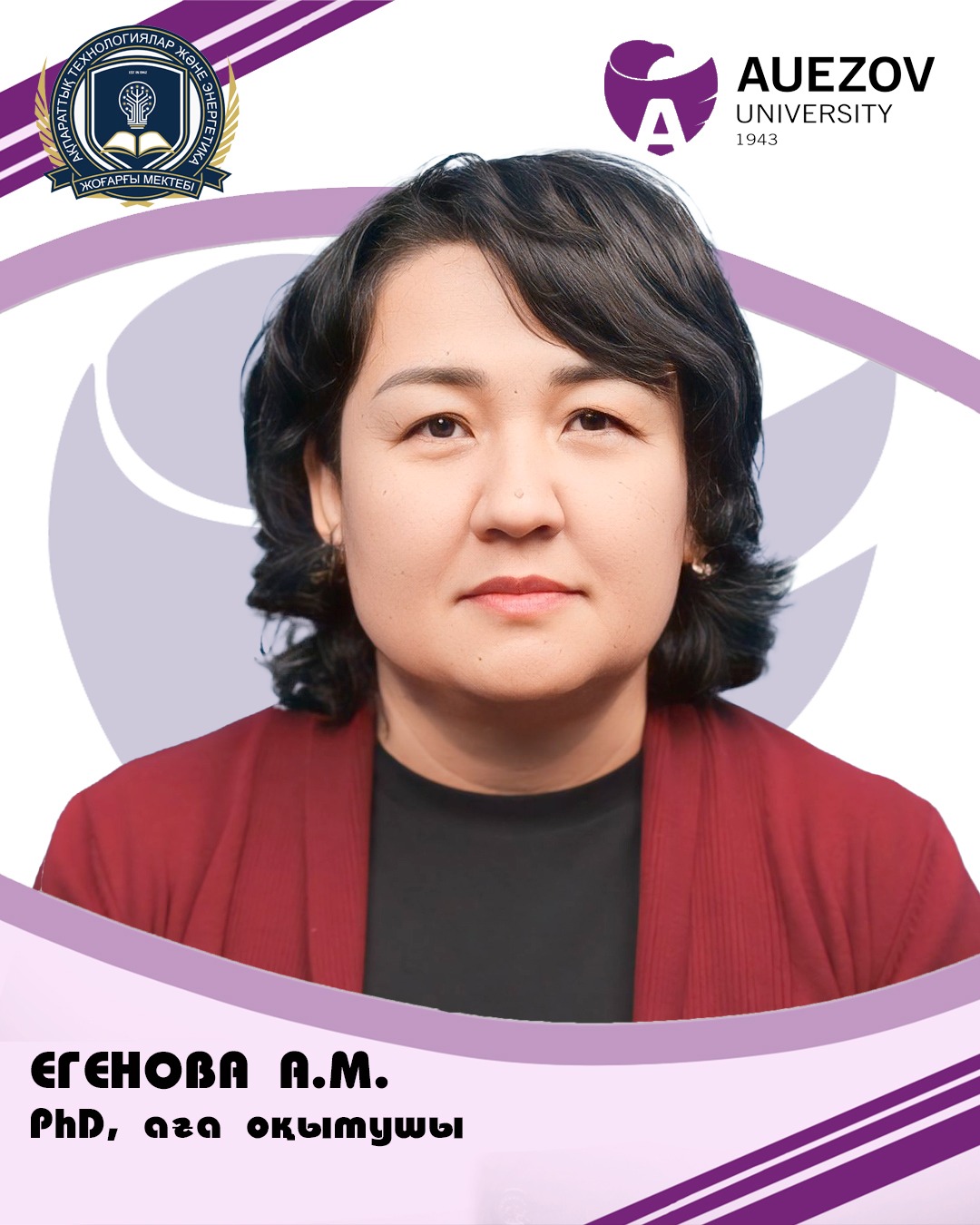


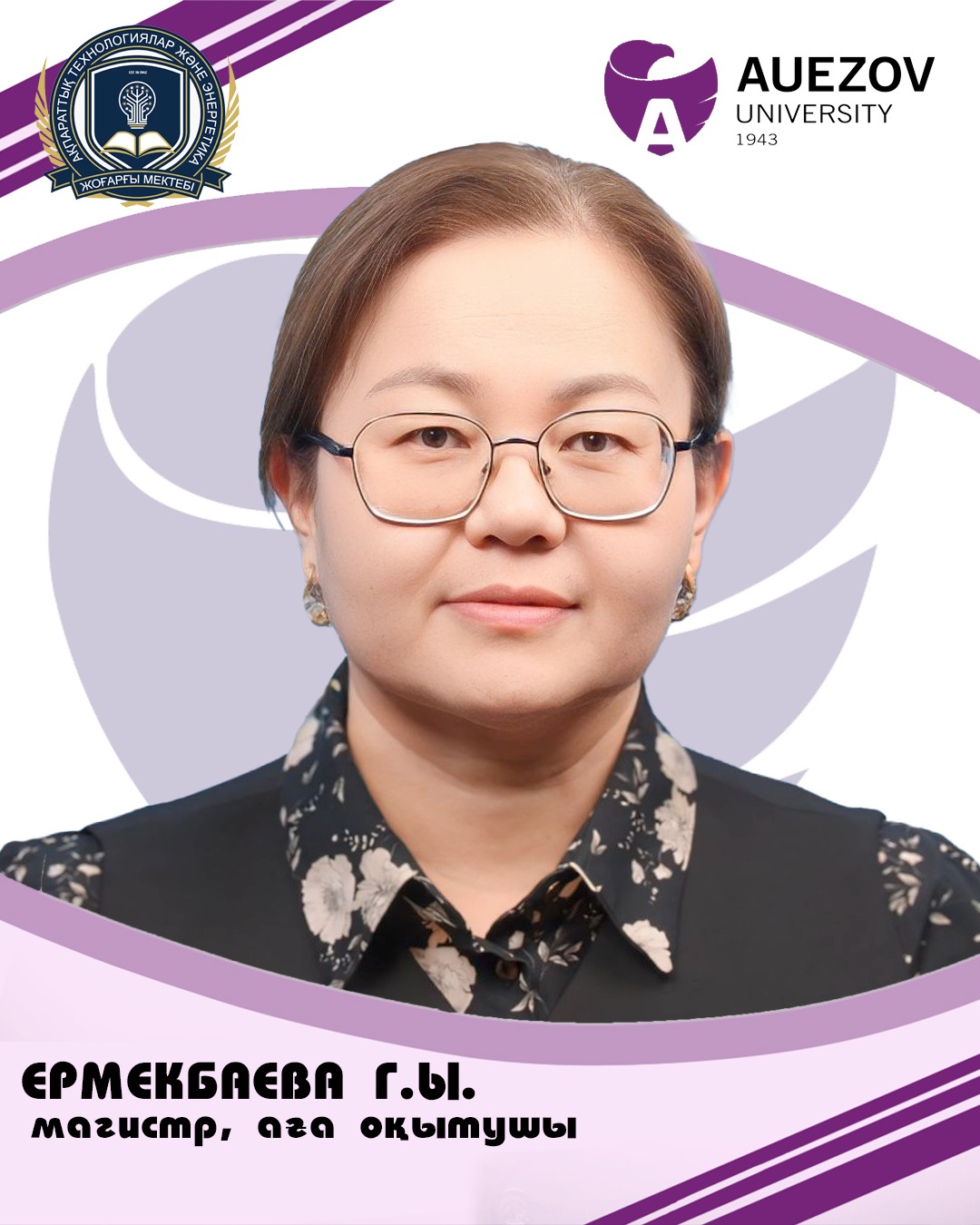

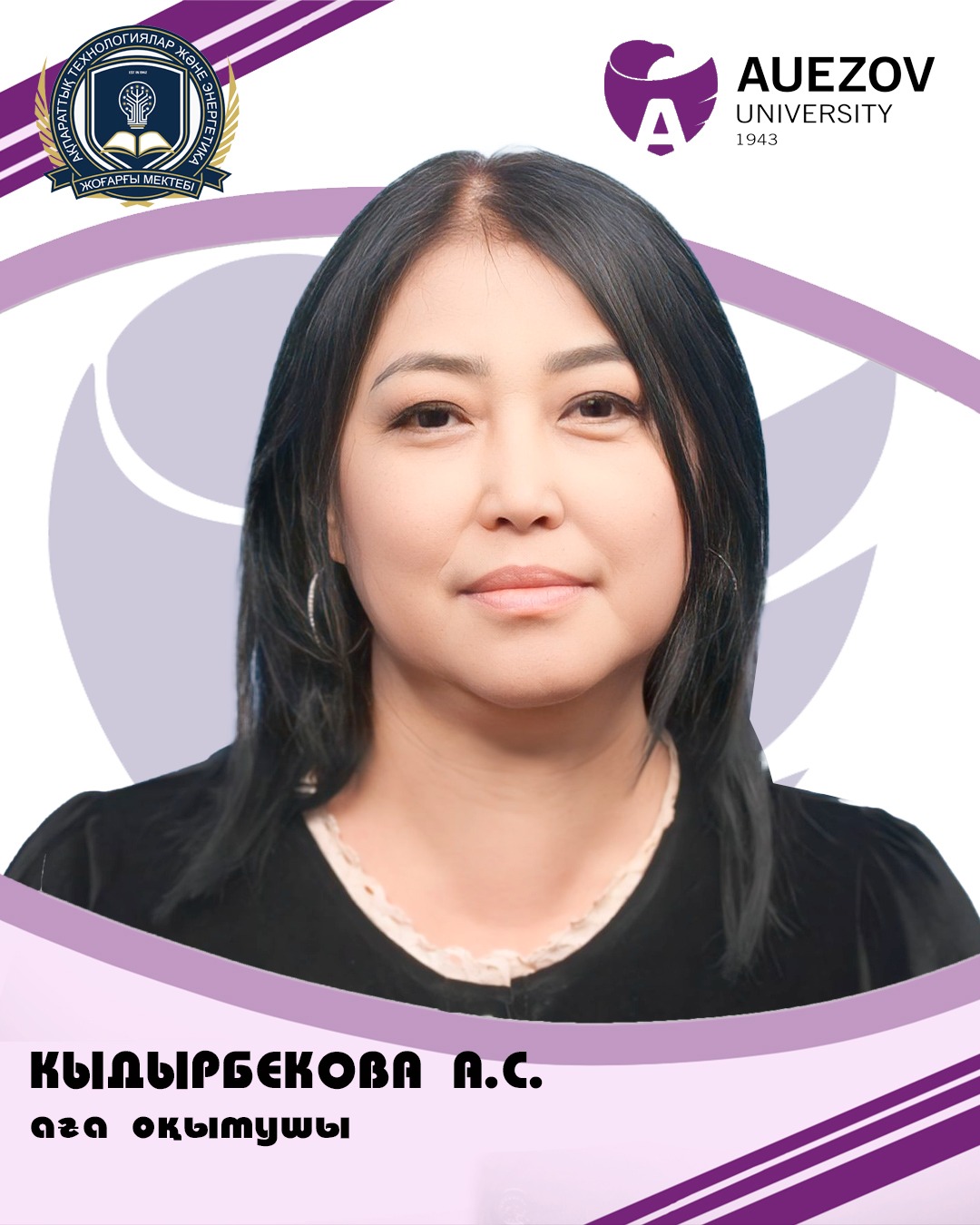









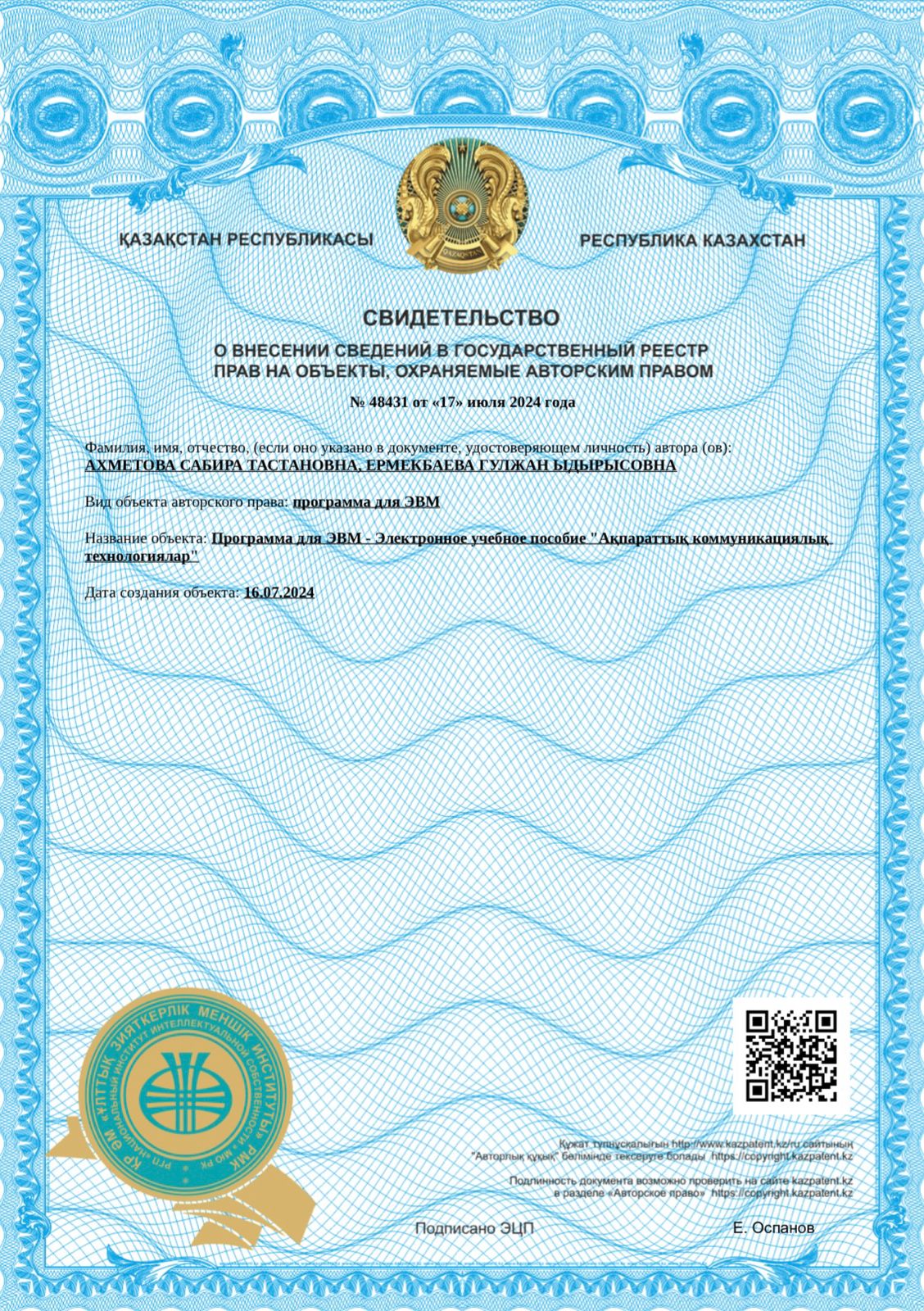

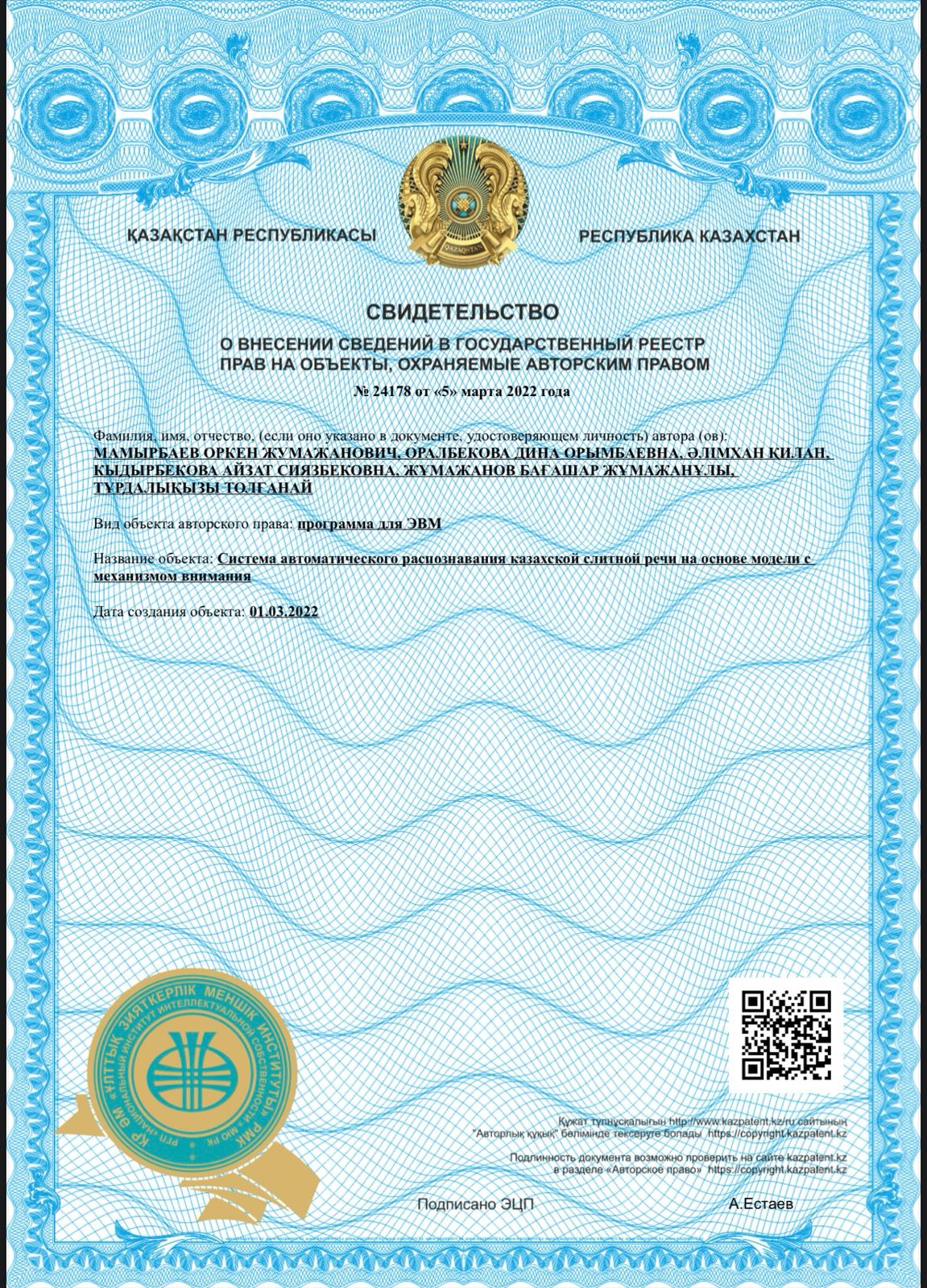
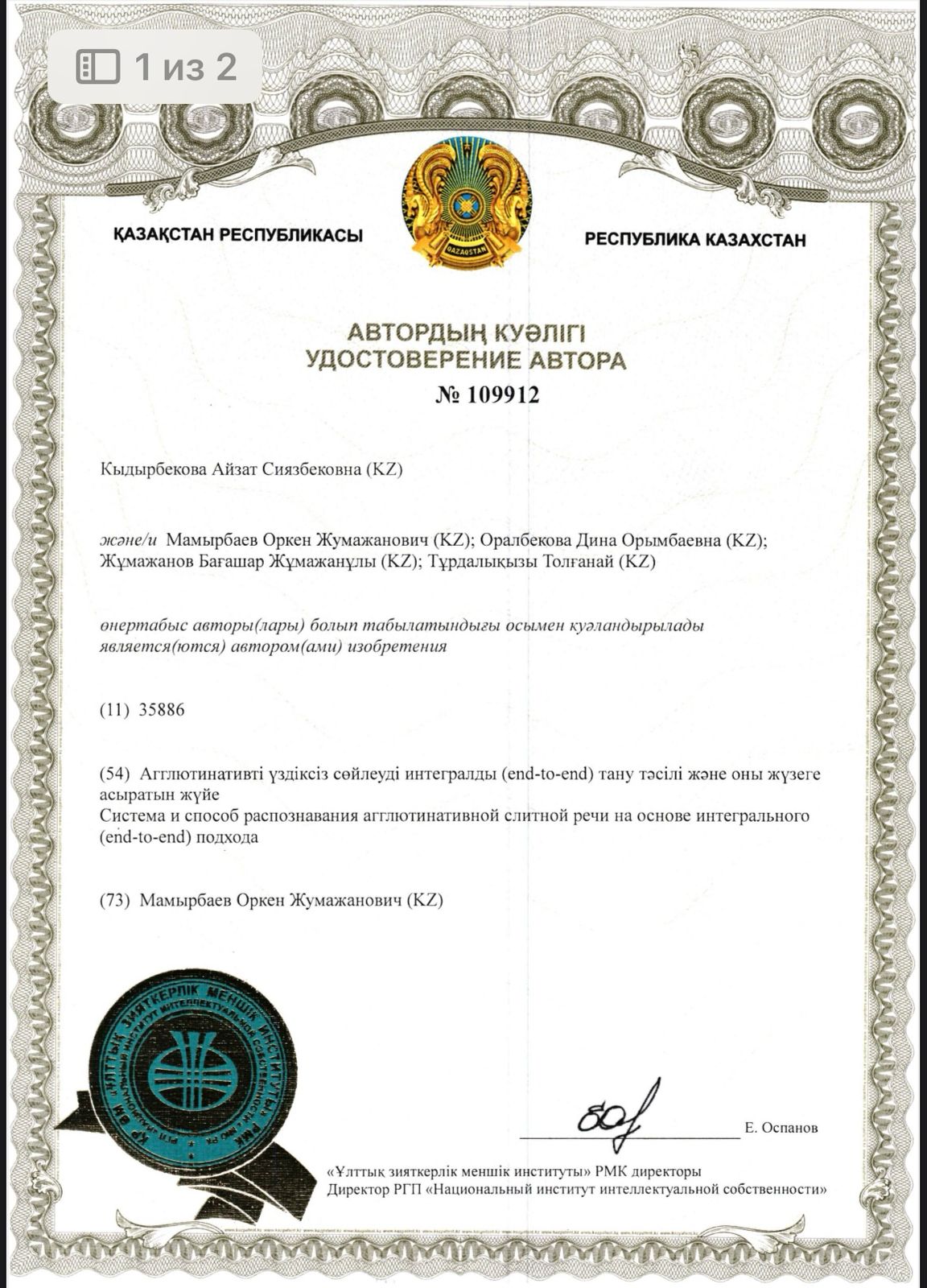
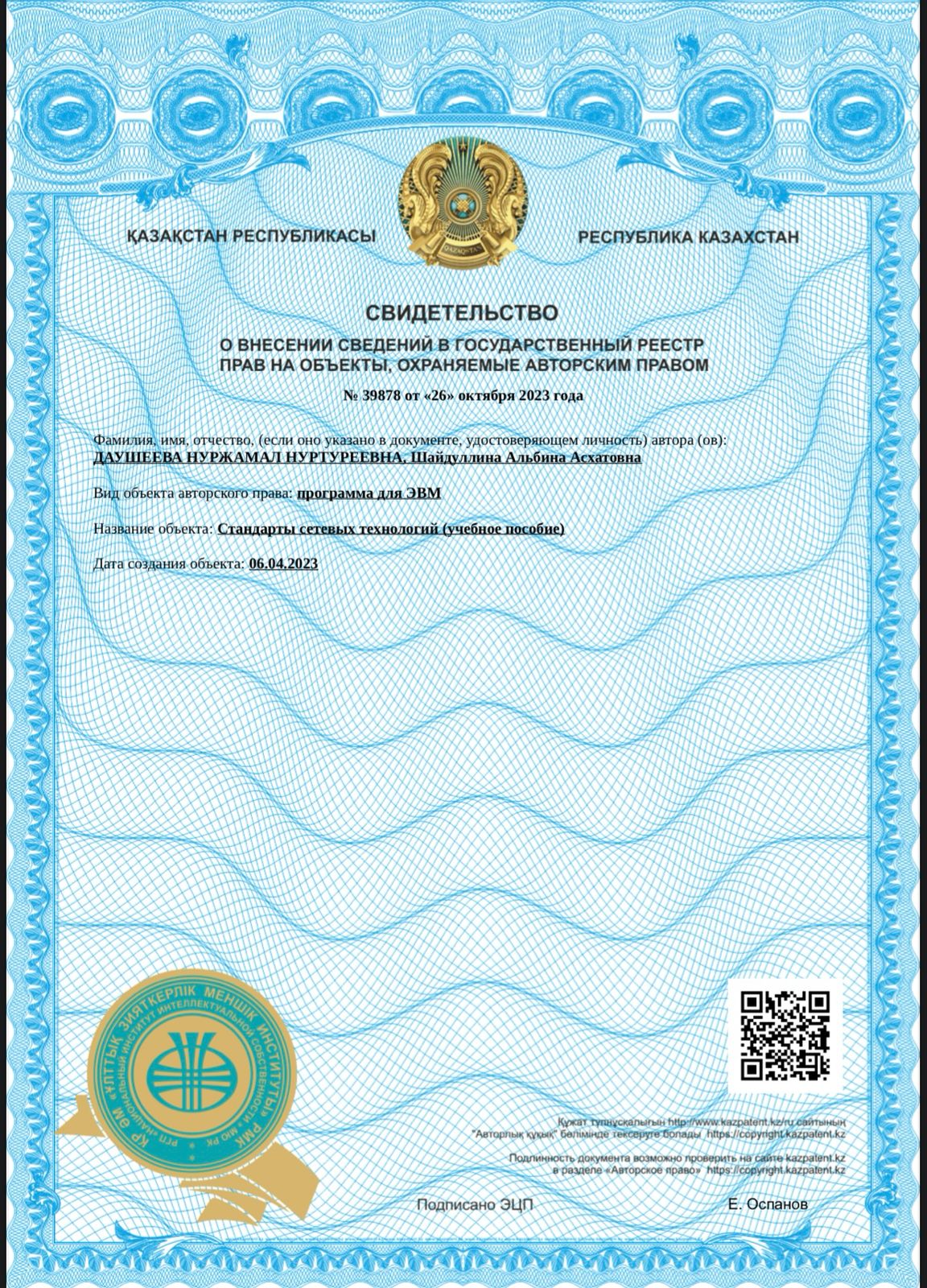












.jpg)
.jpg)



